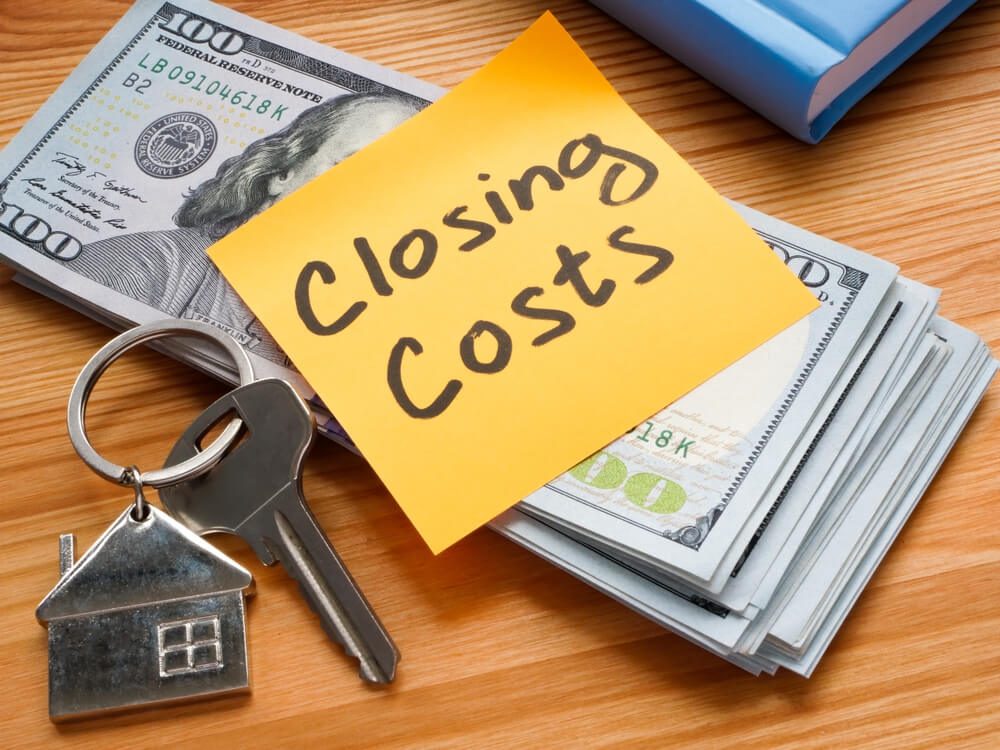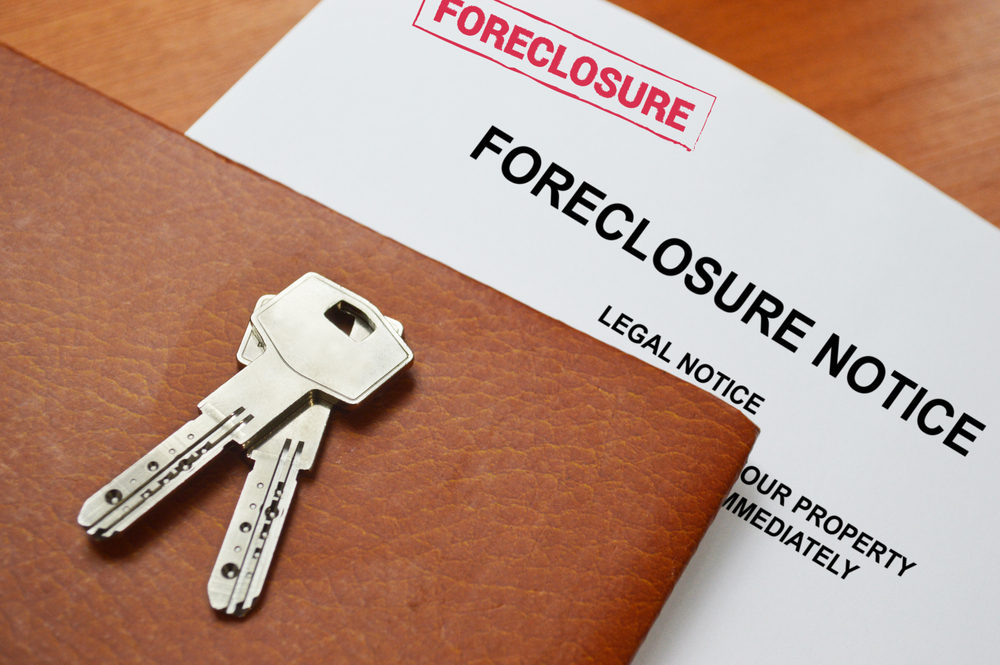Closing costs are an essential aspect of any real estate transaction in New York State, encompassing various fees and expenses that must be settled before the property’s ownership officially transfers. These costs are crucial to consider as they can significantly impact the overall expenses associated with buying or selling a property. In New York, the responsibility for covering closing costs is typically shared between the buyer and the seller, each bearing specific expenses related to their role in the transaction.
Did you know closing costs in New York can add tens of thousands of dollars to the overall cost, depending on the property value and location? Budgeting for these extra expenses is crucial! According to recent data, the average closing costs in New York can range from around 2% to 5% of the total purchase price, depending on various factors such as the property’s value and location. This statistic highlights the substantial financial aspect that closing costs represent for both buyers and sellers in real estate transactions in the state.
Sharing the Burden: Buyers vs. Sellers
In New York State, buyers and sellers both incur distinct closing costs throughout the transaction process. Understanding these costs is crucial for individuals involved in real estate transactions to anticipate and plan their finances accordingly.
Buyers:
Be prepared to cover loan-related fees like origination fees (typically around 1% of the loan amount) and points (which vary depending on the lender and your creditworthiness). Title insurance, an essential component to protect buyers from potential ownership disputes, is another cost typically covered by buyers. Appraisal fees, attorney fees (if applicable), recording fees, and prepaid property taxes and homeowners insurance are also common expenses borne by buyers in New York.
Sellers:
Expect to pay real estate agent commissions, which can be a significant chunk of change (usually a percentage of the sale price, often around 6%). Transfer taxes, usually levied as a percentage of the sale price, are another significant expense for sellers in New York. Additionally, sellers may incur attorney fees (if applicable), deed preparation fees, pro-rated property taxes, and homeowners association (HOA) fees, if applicable.
Negotiation is Key
While there are standard practices regarding which party typically covers specific closing costs, it’s essential to recognize that these allocations are not set in stone. Negotiation plays a crucial role in determining how closing costs are divided between buyers and sellers. Factors such as the seller’s motivation to close the deal quickly or prevailing market conditions can influence the negotiation process.
Buyers and sellers should leverage negotiation opportunities to reach mutually beneficial agreements regarding closing costs. By engaging in open communication and understanding each party’s financial constraints and priorities, arrangements can be reached that satisfy all involved parties.
Extra Expenses to Consider
In addition to the primary closing costs outlined above, other expenses may arise during the transaction process. Home inspection fees, which are crucial for assessing the property’s condition, are typically covered by the buyer. Termite inspections, if required, may also fall under the buyer’s responsibility. Occupancy fees, if the buyer takes possession of the property before the closing date, may need to be negotiated between the parties involved.
Buyers and sellers must clarify these aspects early in the transaction process to avoid misunderstandings and disputes later.
Your Real Estate Agent: Your Guide Through the Maze
Real estate agents play a vital role in guiding buyers and sellers through the intricacies of closing costs. Their expertise and experience can provide valuable insights into typical practices, negotiation strategies, and legal considerations associated with closing costs in New York State.
Conclusion
Closing costs are a fundamental aspect of real estate transactions in New York State, with both buyers and sellers sharing the financial burden. Understanding the typical closing costs associated with each party’s role and recognizing the importance of negotiation is essential for navigating the transaction process successfully. By collaborating effectively and leveraging the guidance of real estate professionals, buyers, and sellers can ensure a smooth and financially sound closing experience.
If you’re looking to buy or sell a property in New York and want to explore your options further, visit Cash Buyers NY. As experienced real estate agents specializing in buying houses in New York, we can provide personalized assistance and help you navigate the complexities of the real estate market with ease. Contact us today to learn more and start your journey towards a successful real estate transaction.






